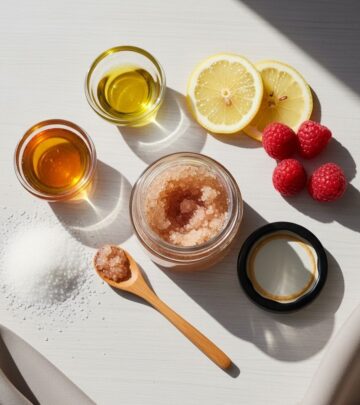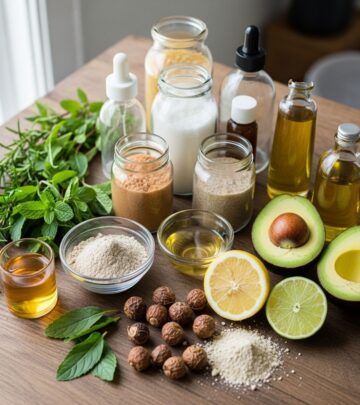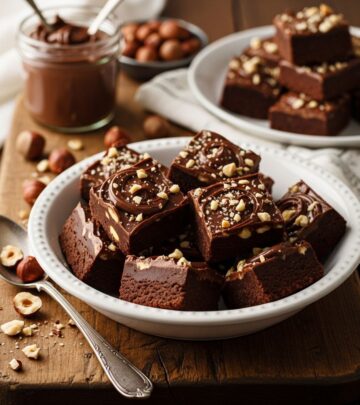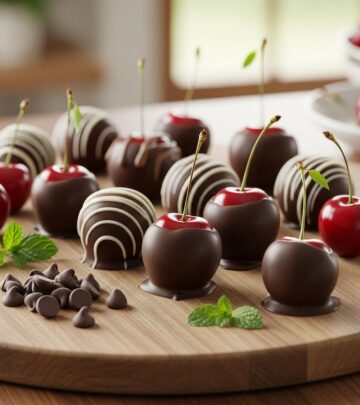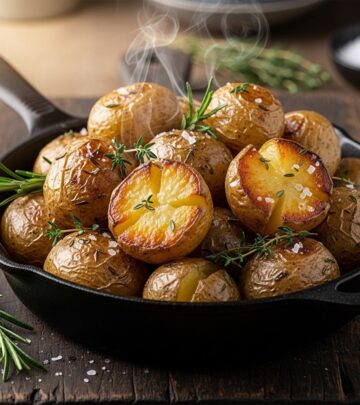The Ultimate Guide to the Best Gin for a Martini
Each option delivers a balanced botanical profile that elevates your cocktail experience.
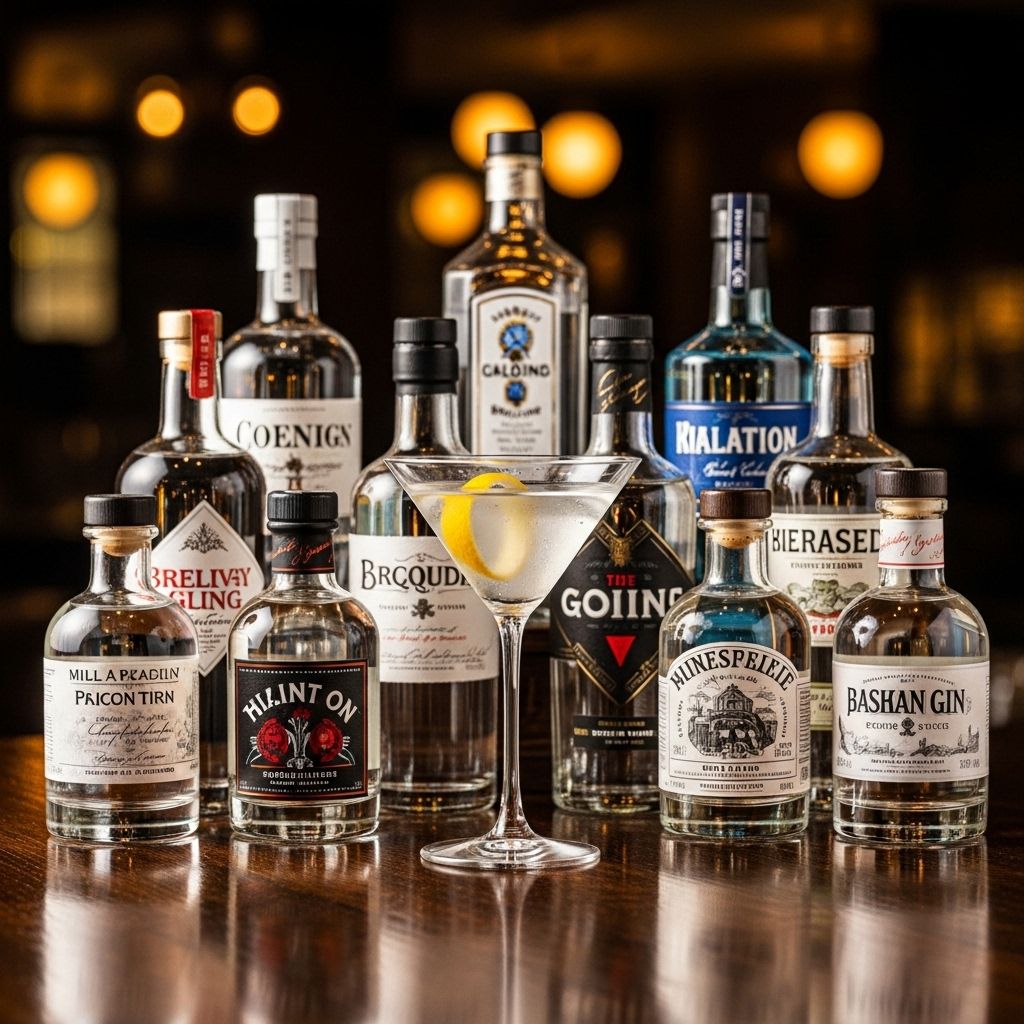
Few cocktails have achieved the iconic status, elegance, and enduring mystique of the Martini. While debate rages over the best garnish, preferred ratio, and whether to shake or stir, one element always stands at the center: the gin. But with so many different brands and styles—London Dry, Plymouth, New Western, and more—which gin truly makes for the perfect Martini?
Table of Contents
- Why Focus on Gin?
- Gin Taste Test Methodology
- Factors That Affect Martini Gin Choice
- Top Classic London Dry Gins
- Notable Contemporary and Non-Traditional Gins
- Head-to-Head Taste Test Results
- Expert Tips: Making the Best Martini
- Frequently Asked Questions
Why Focus on Gin?
Gin lies at the heart of a Martini, its complex blend of botanicals providing the aromatic backbone that defines the cocktail. Though vodka Martinis exist, the classic is a gin Martini, where the subtle dance of juniper, citrus, and spices is front and center. Choosing the right gin can make or break the drink—elevating it to sublime or sending it into mediocrity.
Gin Taste Test Methodology
To find the gins that truly shine in a Martini, a comparative tasting was performed:
- Sampled 10 different gin brands covering traditional, modern, and high-end labels.
- Standardized Martini recipe (using a dry vermouth, stirred over ice, lemon twist garnish).
- Gins tasted blind to eliminate brand bias.
- Evaluated on aroma, flavor balance, mouthfeel, mixability, and overall impression.
Factors That Affect Martini Gin Choice
Several variables influence which gin is “best” for a Martini:
- Gin Style: London Dry (crisp, juniper-forward), Plymouth (rounder, softer), New Western (emphasizes flavors beyond juniper).
- Botanical Blend: Level of juniper, presence of citrus, floral, earthy, or spicy notes.
- Alcohol Strength: ABV affects both dilution and flavor synergy with vermouth.
- Price and Availability: Is it accessible and worth the price for frequent mixing?
Top Classic London Dry Gins for Martinis
London Dry is the standard gin style for Martinis. Known for its assertive juniper and clean finish, these brands represent staples behind the bar:
| Brand | Key Botanicals | Notable Features |
|---|---|---|
| Beefeater | Juniper, coriander, citrus peel | Classic, robust, affordable, widely available |
| Tanqueray | Juniper, coriander, angelica root, licorice | Highly juniper-forward, crisp finish |
| Bombay Sapphire | Juniper, lemon peel, almonds, grains of paradise | Lighter body, delicate flavors, approachable |
| Fords Gin | Juniper, grapefruit peel, jasmine, angelica | Balanced, craft-focused, designed for cocktails |
- Beefeater stood out as the archetype of the Martini gin: assertive, reliable, and classic in presentation.
- Tanqueray appealed to those who love bold, juniper-dominated profiles, while Bombay Sapphire offered a softer, fresher approach that worked well with more vermouth.
- Fords Gin impressed with its cocktail-centric design, proving wonderfully balanced and adaptable to different dry vermouths.
Notable Contemporary and Non-Traditional Gins
The expansion of gin as a category has brought a wave of innovative options. Distilleries are experimenting with new botanicals, flavors, and styles. These gins can make for spectacularly distinctive Martinis:
- Plymouth Gin: Softer and rounder than London Dry; less dominant juniper. Excellent for a Martini that’s plush but still classic.
- Nolet’s Silver: Floral and fruit-forward (rose and peach). Offers a Martini experience outside the traditional profile—excellent for adventurous drinkers.
- The Botanist: From Islay, Scotland, with 22 hand-foraged botanicals. Herbal and earthy notes offer impressive complexity.
- Hendrick’s: Infused with cucumber and rose, giving Martinis a fragrant, modern twist. Not for the classic purist, but beloved in modern circles.
Head-to-Head Taste Test Results
The gins were assessed in the same classic Martini formula: 2.25 oz gin, 0.75 oz dry vermouth, stirred and served up with a lemon twist. The verdicts:
| Gin | Flavor Profile | Recommended For |
|---|---|---|
| Beefeater | Bracing, juniper-forward, citrus undertones, excellent in a dry Martini | Classic traditionalists, everyday Martinis |
| Fords Gin | Complex, balanced, juniper and grapefruit, aromatically vibrant | Cocktail enthusiasts, versatile mixing |
| Plymouth Gin | Smooth, creamy, delicate spice, subdued juniper | Those who like a softer, richer Martini |
| Bombay Sapphire | Gentle, floral, lighter in body, highly mixable | Fans of an easy-sipping, approachable Martini |
| Hendrick’s | Fragrant, floral, cucumber-laced, unconventional | Modern drinkers, creative twists |
| Nolet’s Silver | Floral, peach and rose notes, extremely aromatic | Adventurous palates, non-traditional Martinis |
- Honorable Mentions: Botanist (herbal intrigue), Sipsmith (robust, handcrafted), and Gordon’s (classic and affordable) each earned nods for specific tastes or price points.
Expert Tips: Making the Best Martini
- Stir, don’t shake: Stirring ensures clarity and a silky mouthfeel (unless you prefer the aeration and dilution of shaking).
- Chill everything: Martini glasses, mixing glass, and ingredients should all be pre-chilled for the freshest flavor and maximum crispness.
- Vermouth matters: Use fresh, high-quality dry vermouth. Always refrigerate open bottles.
- Ratios depend on gin style: Classic London Drys can handle a drier mix, while softer gins may benefit from more vermouth to highlight nuance.
- Garnish with intent: Lemon twist for brightness, an olive for savory contrast. Some modern gins thrive with an unconventional garnish.
Frequently Asked Questions (FAQs)
Q: What gin style is considered most authentic for a traditional Martini?
A: London Dry gins like Beefeater and Tanqueray are widely considered the classic choice, due to their juniper-forward profile and crisp finish.
Q: Can I use contemporary or flavored gins in a Martini?
A: Absolutely. Many modern gins offer exciting botanicals like cucumber, rose, or foraged herbs. While this can move the drink away from tradition, it lets you create Martini variations that suit your palate.
Q: Should I use a lemon twist or an olive?
A: Both are classic garnishes. A lemon twist amplifies citrus brightness and botanical aromas; an olive adds a savory, briny note. Choose based on your preferred flavor direction and the gin’s style.
Q: How important is the vermouth in a Martini?
A: Vermouth is crucial. Use a high-quality, fresh dry vermouth to provide balance, structure, and aromatic interest. The gin and vermouth should enhance each other, not compete.
Q: Does price determine the “best” gin for a Martini?
A: Not always. Some affordable classics like Beefeater and Gordon’s consistently outperform more expensive bottles in blind taste tests. The key is freshness, style alignment, and personal taste.
Conclusion
There is no single “best” gin for a Martini, only the best gin for your Martini. Explore classic London Dry options for a timeless experience, or branch out into contemporary styles for a new twist. Use high-quality vermouth, stir with care, and find the ratios and garnishes that make this legendary cocktail your own. Cheers to the eternal debate—and to your next perfect sip.
Read full bio of Sneha Tete


